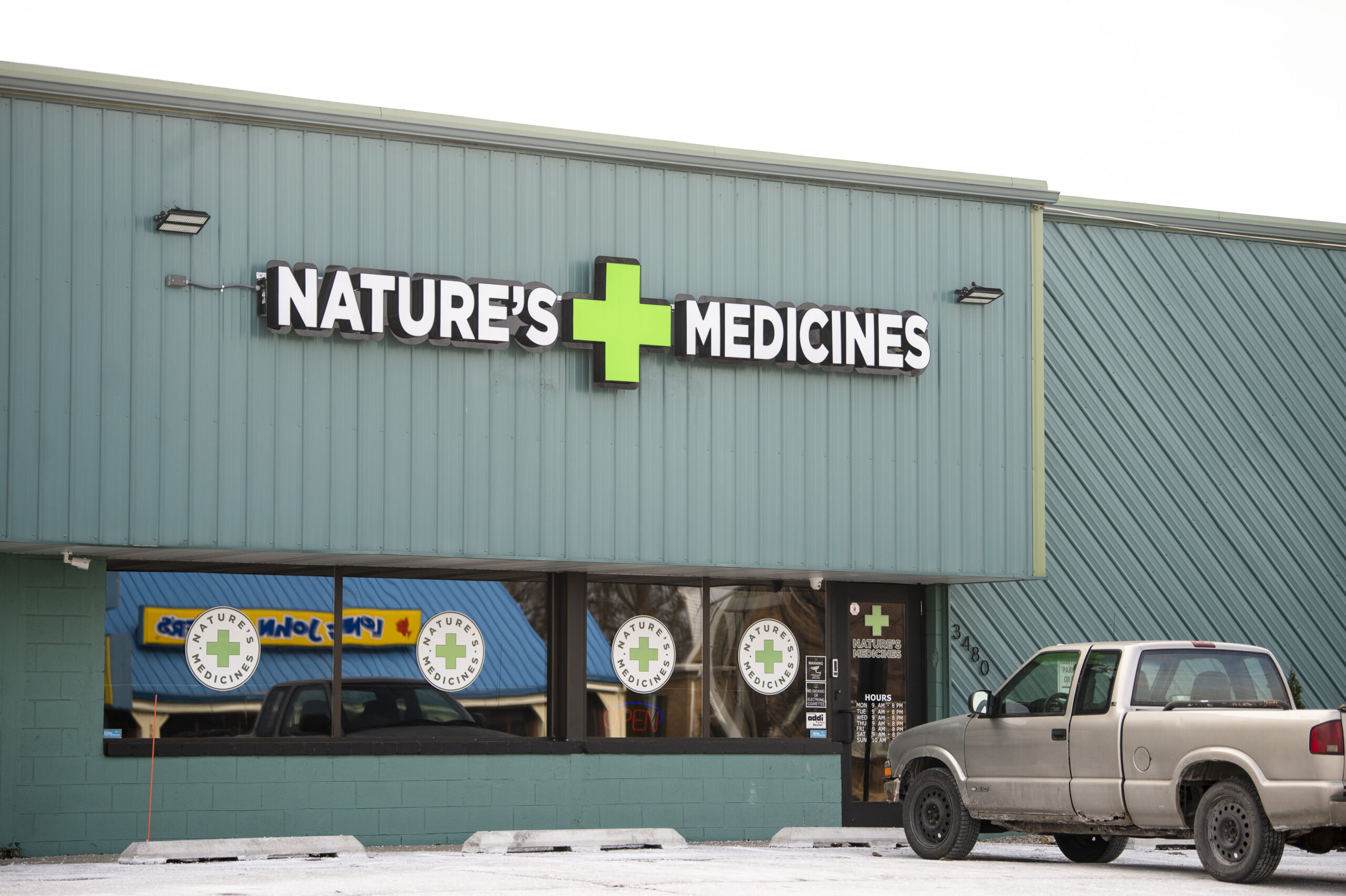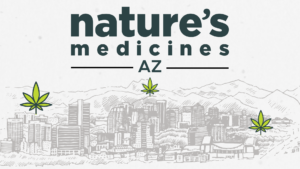
Nature’s Medicine is a monthly publication designed to keep anyone involved with biomedical research up-to-date with research, reviews and news.
From jungles to coral reefs, scientists are searching the planet for remedies for our most pressing illnesses. It can be an unpredictable search: on average only 1 out of 1000 compounds shows any promise as pharmaceutical candidates.
It’s Good for Your Mind
Since humankind began, humans have drawn inspiration from nature as a source of medicine. Botany began as an avenue of treatment, and still serves this function today. Researchers use plants, algae, fungi and the bark of yew trees as source materials for developing medications to treat cancer, high cholesterol and parasitic diseases – as well as to promote healthful living practices like taking breaks in nature spaces to relax. According to recent studies, just spending some time outdoors can do wonders for rejuvenating one’s mind. People completing a task that requires them to press a key each time numbers flashed on a screen are significantly less likely to commit errors when looking out at an appealing natural landscape for 40 seconds at midway point during their task (Lee, K.E. et al. Journal of Environmental Psychology Vol 42 No 1 2015).
Scientists attribute this rejuvenation to nature’s ability to move minds away from daily stressors and restore focus – this “attention restoration” effect can be found both urban and rural environments, across age groups and socioeconomic statuses, and with those suffering chronic illnesses or disabilities.

Nature may inspire us to be better people–both towards each other and the planet. Carleton University psychologist John Zelenski and his colleagues showed undergraduates either videos of nature or architectural landmarks; those exposed to natural video footage were more likely to collaborate in an online fishing game, choosing harvest strategies which sustained fish populations more effectively – evidence that exposure to nature helps cultivate both social and ecological mindfulness.
An abundance of evidence demonstrates that complementary and integrative health (CIH), or the broad field of complementary and integrative health, can play an instrumental role in supporting nature as medicine. There are promising signs that academic programs, professional associations, peer-reviewed journals.
It’s Good for Your Body
Depression, obesity and other ailments may benefit from taking a stroll through a park. Indeed, experts advise spending more time outdoors and in nature for its therapeutic qualities – trees, grass, blue skies and fresh air can provide enormous health advantages!
Scientists have long taken advantage of nature’s gifts in order to discover new drugs and medicines. From bark from the yew tree, slimy sea hare, and even fungus, researchers have used natural products like bark from yew trees or sea hare slime to treat cancer, high cholesterol levels, river blindness and other illnesses. Today computer programmers and data scientists work alongside chemists and microbiologists in unlocking the therapeutic potential of nature’s raw materials.
Nature has long been revere as a potency healer. Many ancient cultures recognized its ability to improve physical, social, emotional and spiritual well-being. People have come to recognize that connecting with nature offers multiple health benefits while also creating certain “ecologic sensibilities” which guide our efforts to protect Mother Earth.
Complementary and Integrative Health (CIH) plays an essential role in understanding how nature can positively influence human health. Programs, academic journals and funding agencies aligned with CIH are beginning to recognize the significance of studying nature as medicine; however, more research needs to be conducted on this subject matter.

It’s Good for Your Soul
An increasing body of research–coupled with our intuition that connection with nature is integral–has led health experts, researchers, and government officials alike to advocate for widespread changes that restore people to nature. This movement, known as “Nature as Medicine”, offers many therapeutic advantages such as analgesics (painkillers), anti-microbial and anti infectives, antidepressants, antianxiety medications, hypertension drugs and many others.
Since ancient times, medicine has looked to nature for inspiration and healing remedies. From bark of yew trees and sea hare slime to hallucinogenic brew ayahuasca, natural compounds like antibiotics, anti-malarial and cancer treatments have helped save millions of lives over time.
Today, computers and data-scientists work alongside microbiologists and chemists to unlock nature’s pharmacy for medicinal benefits. The process is commonly known as bio prospecting; on average only one chemical compound extracted from nature’s vast medicinal cabinet ever makes its way onto market shelves.
Unfortunately, our species’ addiction to pills and potions has an ecological cost. Just as much as we depend on Nature for health remedies, so do we depend on its living ecosystem that produces them. Estimates show we are currently responsible for destroying around 30 million acres of tropical forest annually while overfishing practices kill off ocean-ecosystems at an astounding pace.
Nature’s Medicine East Wareham location earned the seventh cannabis location in Massachusetts to sign an initial union contract with UFCW Local 328 on December 20, 2022. They should feel extremely proud of what they’ve accomplished: They’ve made an important impact in their community by running a professionally and highly regulated business in transitional neighborhoods – providing jobs, tax revenue, and making an overall difference to the area. Their most impressive achievement may be being able to say they’re proud to work for an ethical cannabis company that cares for its employees, customers and the planet,
It’s Good for Your Spirit
From jungles to coral reefs of the ocean, scientists are exploring bio prospecting to find answers for our most intractable ailments. It is an arduous task that only yields results about once every thousand natural compounds tested; researchers liken themselves to “kids in a candy store”, although Nature does not always part with her precious bounty without incurring costs and environmental concerns.
Nature’s Medicine facility in Ellicott City, Maryland was order to pay $175,000 and provide significant equitable relief. In order to settle a federal sexual harassment suit brought by the Equal Employment Opportunity Commission (EEOC). The suit charged that both Nature’s Medicine and its parent company engaged in systematic sexually hostile work environments against patient service providers who stocked display cases and provided customer service; under its three-year settlement agreement the EEOC forbids such harassment as well as retaliation; they must also train employees on federal anti discrimination laws with an emphasis on how best prevent such behaviours.
An important pillar of FNHA Wellness Diary’s perspective on wellbeing is nurturing spirit, which plays a part in supporting mental, emotional, and physical aspects of health and well-being. You can do this in various ways such as honouring self and creating balance in life. Or more ideas can found by exploring this page of the Wellness Diary!
Nature’s Medicine
